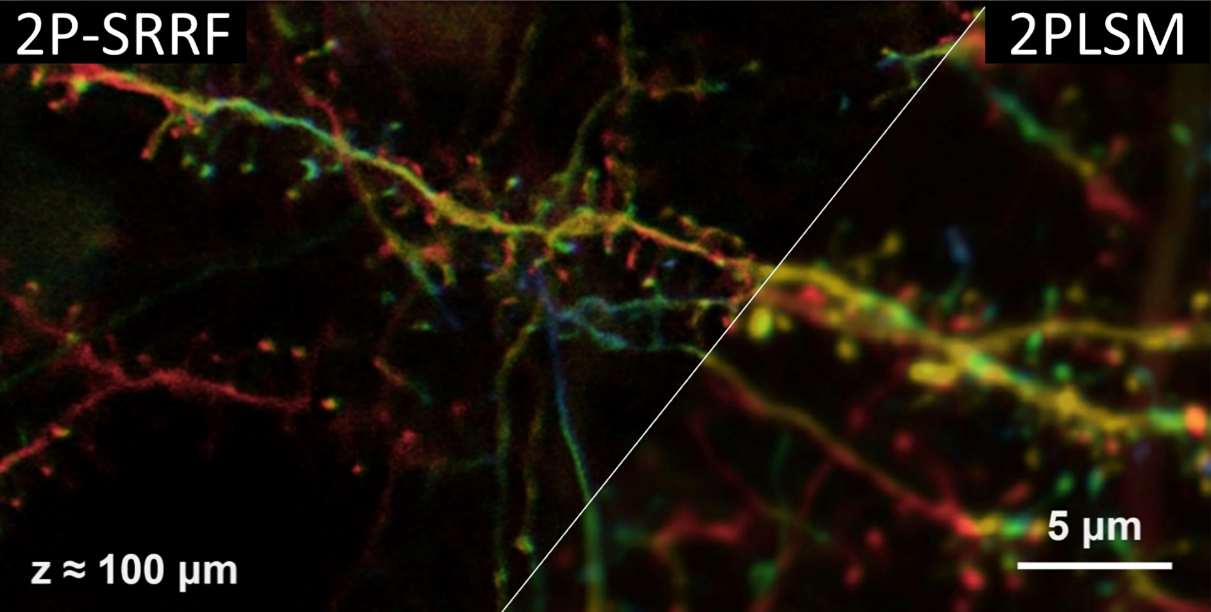2023-10-18 カリフォルニア大学サンディエゴ校(UCSD)
◆マウスでの実験では、ワクチンは乳がんと皮膚がんの肺への転移を有意に減少させ、乳がんのマウスにおいては、原発腫瘍の手術後の生存率を向上させました。ワクチンは、免疫系をがんに対してより効果的にするため、免疫系全体を変更します。これにより、がんの転移を防ぐ効果が期待されます。
◆ワクチンはまだヒト試験に進む前に安全性試験が必要です。将来の研究では、他のがん治療法との組み合わせによる効果についても検討される予定です。
<関連情報>
- https://today.ucsd.edu/story/nanoparticle-vaccine-could-curb-cancer-metastasis-to-lungs-by-targeting-a-protein
- https://www.pnas.org/doi/10.1073/pnas.2221859120
S100A9に対するウイルス性ナノ粒子ワクチンは肺腫瘍の播種と転移を抑制する Viral nanoparticle vaccines against S100A9 reduce lung tumor seeding and metastasis
Young Hun Chung, Oscar A. Ortega-Rivera, Britney A. Volckaert, Eunkyeong Jung, Zhongchao Zhao, and Nicole F. Steinmetz
Proceedings of the National Academy of Sciences Published:October 16, 2023
DOI:https://doi.org/10.1073/pnas.2221859120

Significance
Metastasis remains one of the toughest challenges in treatment and eradication of cancer. S100A9 is a major regulator of inflammation, and expression is linked with poor prognoses in cancer patients. S100A9 forms a premetastatic niche in lungs recruiting cancer cells and promoting metastasis. Utilizing plant virus and bacteriophage nanotechnologies, we developed a cancer vaccine targeting S100A9. Treatment significantly reduced S100A9 levels within the lungs and sera in tumor-bearing mice protecting from lung metastasis. The vaccines further increased levels of immunostimulatory cytokines and decreased immunosuppressive cytokines. Due to the prevalence of S100A9 in multiple cancer types, we hypothesize that our vaccine could have wide-ranging implications in preventing metastasis.
Abstract
Metastatic cancer accounts for 90% of all cancer-related deaths and continues to be one of the toughest challenges in cancer treatment. A growing body of data indicates that S100A9, a major regulator of inflammation, plays a central role in cancer progression and metastasis, particularly in the lungs, where S100A9 forms a premetastatic niche. Thus, we developed a vaccine against S100A9 derived from plant viruses and virus-like particles. Using multiple tumor mouse models, we demonstrate the effectiveness of the S100A9 vaccine candidates in preventing tumor seeding within the lungs and outgrowth of metastatic disease. The elicited antibodies showed high specificity toward S100A9 without cross-reactivity toward S100A8, another member of the S100A family. When tested in metastatic mouse models of breast cancer and melanoma, the vaccines significantly reduced lung tumor nodules after intravenous challenge or postsurgical removal of the primary tumor. Mechanistically, the vaccines reduce the levels of S100A9 within the lungs and sera, thereby increasing the expression of immunostimulatory cytokines with antitumor function [(interleukin) IL-12 and interferonγ] while reducing levels of immunosuppressive cytokines (IL-10 and transforming growth factorβ). This also correlated with decreased myeloid-derived suppressor cell populations within the lungs. This work has wide-ranging impact, as S100A9 is overexpressed in multiple cancers and linked with poor prognosis in cancer patients. The data presented lay the foundation for the development of therapies and vaccines targeting S100A9 to prevent metastasis.


